8 Tips to Help Keep Your Teeth Clean Between Cleanings
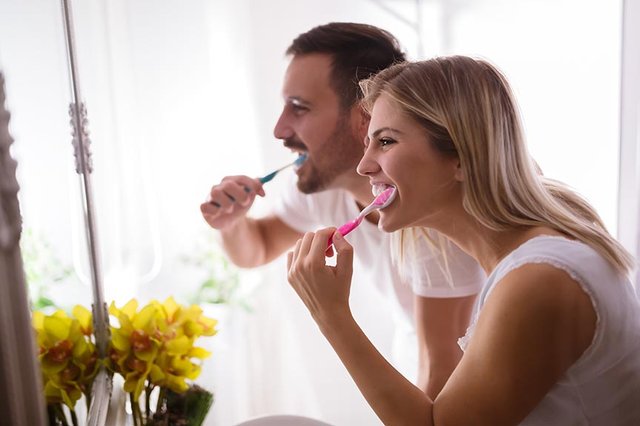 Everybody loves the fresh feeling they experience after going to the dentist for teeth cleaning. But how do you maintain that feeling in between cleanings?
Everybody loves the fresh feeling they experience after going to the dentist for teeth cleaning. But how do you maintain that feeling in between cleanings?
When it comes to dental care, it’s much easier to maintain a healthy mouth than it is to rely on the dentist to correct poor dental hygiene for you. Maintaining that just-out-of-the-dentist feeling is not as difficult as you would think. Here are some tips that can help you keep your teeth clean in between dentist visits.
- Dutch Soda:
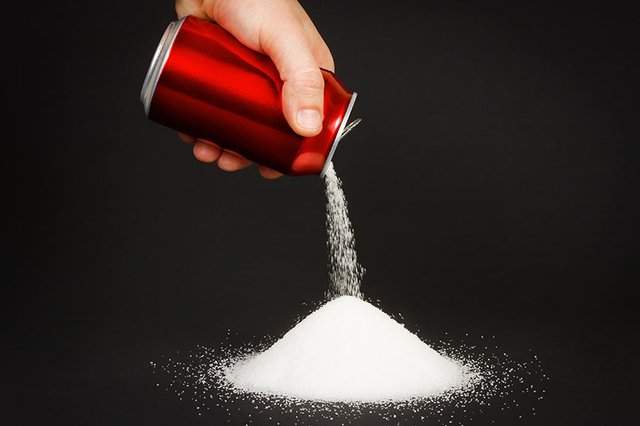
If you drink soda regularly, your habit is probably wreaking havoc on your teeth. The ingredients that make soda fizzy — phosphoric acid and citric acid — have been shown to eat away at your enamel, making you more susceptible to cavities.
An occasional soda isn’t going to hurt you, but your best bet is to stick to water. If you need extra flavor, try adding some fruit or mint leaves to it.
- Cut Down on Sugar:
 \
\
In addition to cutting back on soda, decreasing your sugar intake will also help keep your teeth clean and healthy in between regular teeth cleaning appointments.
Sugar promotes bacterial growth and acidity in your mouth, causing plaque to form. Plaque attacks your tooth enamel and gums, potentially leading to tooth decay. You don’t have to kick sugar to the curb completely, but limiting the amount you consume — and brushing and flossing after a sweet treat — will benefit your overall oral health.
- Quit Smoking: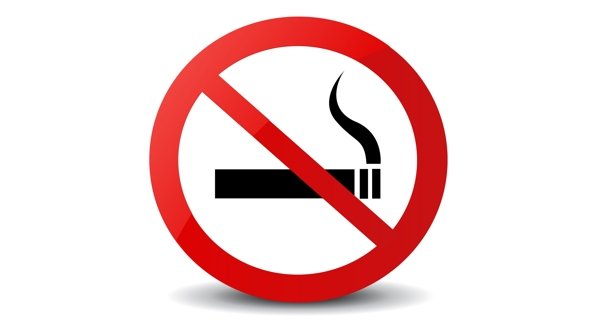 )
)
Smoking is terrible for your teeth. No matter how clean they get when you visit the dentist, continuing to smoke in between appointments will undo all the work that took place at your last appointment.
The nicotine and tar found in cigarettes eat away at your gums. Smoking also increases bacterial production and plaque in the mouth, making you more susceptible to gum disease and tooth decay. If you’re a smoker, you may also be at a higher risk for tooth loss and oral cancer.
- Use Proper Technique:
It doesn’t matter how often you brush your teeth if you’re not doing it properly. Next time you brush, take a moment to stop and observe your technique. Are you holding the brush at a 45-degree angle? Are you using short, circular motions with the head of the brush pointed towards your gum line? Are you brushing each tooth between 10 and 15 times?
If the answer to any of those questions was no, it’s time to adjust your tooth brushing technique a bit. Those techniques have been proven to be the most effective when it comes to getting teeth clean. You may also want to talk to your dentist or dental hygienist about proper brushing and flossing technique next time you’re at the office.
- Floss:
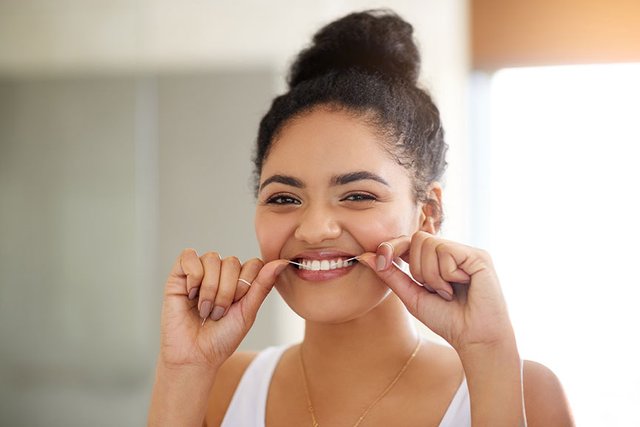
Flossing helps you get places you can’t reach with a toothbrush clean, leading to healthier teeth and gums. Just like brushing, though, flossing will not be as effective if you’re not doing it properly. Improper flossing can even lead to damaged gums if you’re not careful.
To truly clean between your teeth without causing damage, keep the following steps in mind.
First, wrap about two inches of floss between your fingers and unroll a fresh section for each tooth. Keep the floss tight against the tooth to break up plaque without hurting your gums. Also, be sure to floss behind the last molar in your mouth to ensure a thorough clean.
- Don’t Over Do It:
It can be tempting to aggressively brush your teeth to make sure you get them clean. However, using too intense of a motion when brushing can make your teeth more porous and sensitive. Also, overly vigorous brushing can lead to gum recession, which is irreversible.
Be gentle, otherwise, your regular brushing will start to be a hindrance to your overall oral health.
- Chew Gum:
Although it’s ideal to brush your teeth after each meal, sometimes that’s easier said than done. Keeping a pack of sugar-free gum around can freshen your breath and help get rid of excess food residue in between brushings.
Chewing gum increases saliva production. Saliva’s natural antibacterial properties will help prevent bacteria from feeding off food remnants in your mouth, which can lead to plaque build-up and dental decay.
- Clean Your Teeth While You Eat:
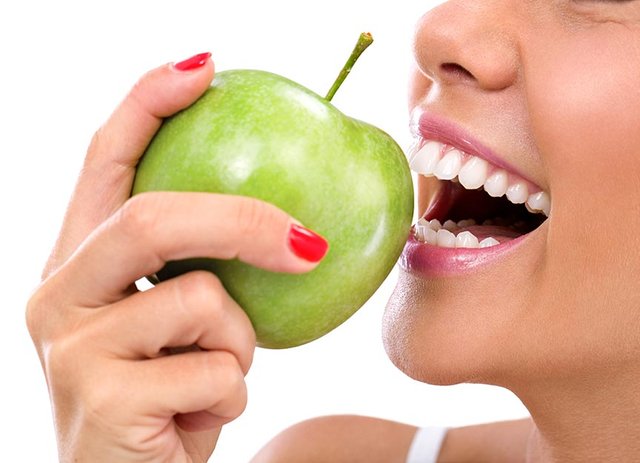
You already know that sugar and soda can negatively affect your dental health, but did you know there are certain foods that can improve it?